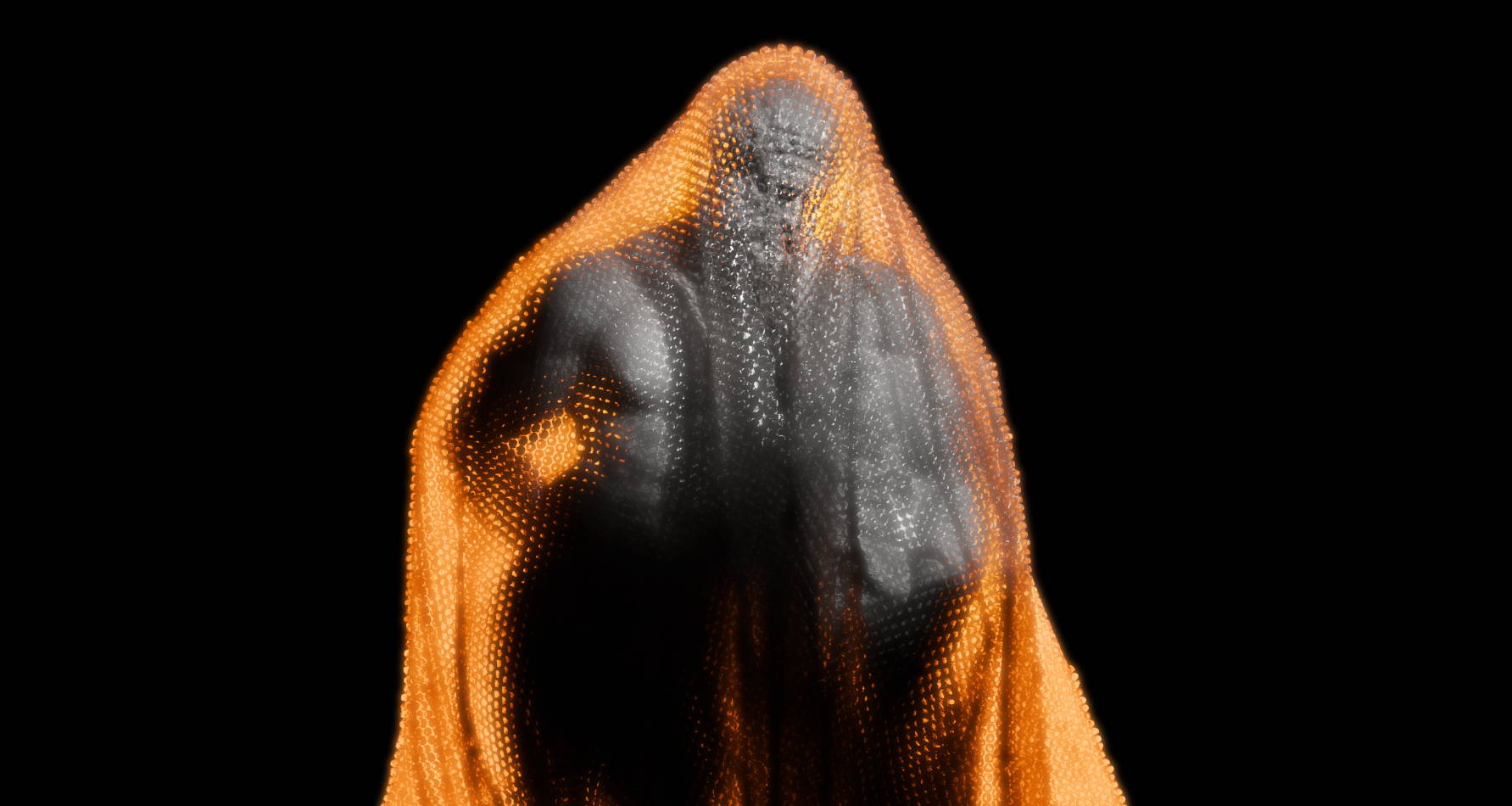Becoming better men: from toxic to positive masculinity
Sexologist Daz Tendler explains how cishet men can move past toxic masculinity to enjoy happier, healthier lives

Editors note: This article abbreviates the term 'cisgender heterosexual' to 'cishet' for brevity. A cishet person identifies with the gender they were assigned at birth and prefers partners of the opposite sex, e.g. a straight (cis) man.
Masculinity is an evolving social concept encompassing a spectrum of human behaviours, roles, and traits historically reserved for boys and men. Think assertiveness, control, independence, leadership, stoicism, and strength. While commendable, these qualities must be balanced with compassion, empathy, intimacy, respect, sensitivity, and vulnerability for communities to flourish. To cut to the chase, the collective maturity and health of cishet men need a course correction.
As a clinical sexologist, journalist, and transgender person, I cannot provide a static definition of masculinity since there is no fixed definition. However, I can offer a more precise interpretation of toxic masculinity, which revolves around rigid gender roles and the desire to subordinate women. Masculinities that valorise domination, muscularity, and sexual conquest are dangerous.
Men are providers, don’t make mistakes and should not show emotion—none of these ideas hold water. In reality, they harm the individual and collective health and well-being of women, trans people and cishet men. The demands of toxic masculinity leave little room for emotional growth and self-care, trapping men in immaturity and destructive behaviours. It is no coincidence that cishet men face increased rates of imprisonment, loneliness, sexual frustration, social isolation, and suicide.
The perpetuation of these corrosive standards, coupled with the devaluation of alternative identities (especially Queer ones), creates a detrimental and self-fulfilling cycle that is challenging to escape. Any departure from this model results in discrimination and ridicule, primarily from other cishet men. Many men find themselves coerced into conforming to the cishet model, even if it does not align with their desires or values, suppressing their authentic identity and promoting aggression and fear.
'Men are providers, don’t make mistakes and should not show emotion—none of these ideas hold water'

Fortunately, the course correction has begun. Many cishet men are interrogating toxic masculinity, stepping away from patriarchal ideas. These men recognise that masculinity is not the issue, nor is it inherently toxic. Instead, they deconstruct destructive traits by harmonising assertiveness and strength with active listening and emotional expression. They foster healthy, progressive cultures that promote positive masculinity by embracing vulnerability and respecting boundaries.
I see this in my day-to-day work. Cishet men are working to reshape poisonous narratives into ones that allow for flourishing. They listen to intimate partners, initiate open dialogues with friends and family, and share emotional burdens, seeking help when needed. They construct equitable relationships grounded in love, respect, and trust. Rather than dominating conversations, many cishet men aim to demonstrate their emotions with their nearest and dearest.
This might involve engaging in empathetic, deliberate, and slow conversations focusing on one point at a time, prioritising understanding over problem-solving, or using open-ended questions. It may also involve validating other people’s experiences through empathy, even when they hold different views. These practices, supported by decades of public health research, foster increased emotional maturity and enhance intimate and platonic relationships.
'Men can foster safer communities by doing away with destructive masculinities'
Misogyny, heterosexism and Queerphobia thrive when unchallenged. The ‘manosphere’ serves as a perfect example: a faction of cishet men who believe hypermasculine personas (that exert dominance over women and ‘weaker’ men) are vital to enhancing their sexual prowess and saving society. Those within the ‘manosphere’ view feminism and Queerness as threats. Fortunately, popping these toxic bubbles is not overly complicated. All it takes is two or more men sitting together to share their feelings honestly and openly. What could be braver or more pioneering than that?
Cishet men can dismantle hostile masculinities by calling out attitudes that perpetuate fear and hate, like those contained in comments like ‘that’s so gay’ and ‘women are hysterical’. More than that, they can stay true to their authentic selves without excluding or devaluing other ways of being. Men need to keep doing this in greater numbers and at faster rates. In doing so, men can help liberate others and also themselves.
This is a cultural moment that will define how we understand gender and sexuality, one that calls for more compassionate cishet men. Men can foster safer communities characterised by kindness toward others by doing away with destructive masculinities, reducing the harm men do to others and themselves. The revolution has begun, but we can all help speed it along.
Daz Alexandra Tendler (they/she/he) is a clinical sexologist, relationship mediator and journalist. They work to remove the stigma and shame society attaches to sex, sexuality and self-expression, and is passionate about building safe, Queer-inclusive environments where people feel confident to be their true, authentic selves.
Drip(feed) is here to discuss the things you want to know about in an informative and open-minded way. Together with our authors, we provide well-researched and insightful content ad-free and free of charge. Subscribe to our platform to help us maintain high-quality content that educates, informs, and excites!


